Process While looking it up online I found some mentions that it s a process that might run on Windows Server installs The thing is I m using Windows 10 Home Along with this Secure System process there were also a few others that are apparently only supposed to show up on Server such as Credential Guard and Key Guard Lsalso exe
Hi I m just going through my background processes in Task Manager and there is something I cannot identify and Google search resulted in nothing the name of the process is SHA1 0xaf1a342b I was suspecting I have some kind of a keylogger could this be related
Process

Process
https://resultscx.com/wp-content/uploads/2024/02/Avasant_PressRelease_banner.png

What Is Process Mining Importance Examples Techniques Challenges
https://www.erp-information.com/wp-content/uploads/2022/10/stages-of-process-mining-1024x512.png

Sena Academia IOS
https://processoseletivoufopbr.5udnsimg.com/2025/02/73656e612061636164656d6961-5.png
with editor decision in process Be positive good luck hahaha I would like to have some answers about that process running in the background I don t think that answering those questions that Aditya Roy posted will help Those are the type of questions that tech support asks when a they don t know the answer to the user s issue or b they are not allowed to answer that precise question
2011 1 Contact Us The Process Top Powered by vBulletin Version 3 8 7
More picture related to Process

Nutrition Care Process An Overview Visual Veggies
https://www.visualveggies.com/wp-content/uploads/2022/09/Screen-Shot-2022-09-30-at-2.16.17-PM-1024x868.png

How To Create A Hiring Process Flowchart in 2025 AIHR
https://www.aihr.com/wp-content/uploads/Creating-a-Hiring-Process-Flowchart-social.png

Buy Process Ping And Process Improvement Standardization Workbook
https://m.media-amazon.com/images/I/61aIvARtroL.jpg
It is the start menu with 1903 microsoft gave the start menu its own process if it is not running the start menu will not work it does also mean that if you have a problem with the start menu you can restart this process as a possible fix decision in process associate editor
[desc-10] [desc-11]
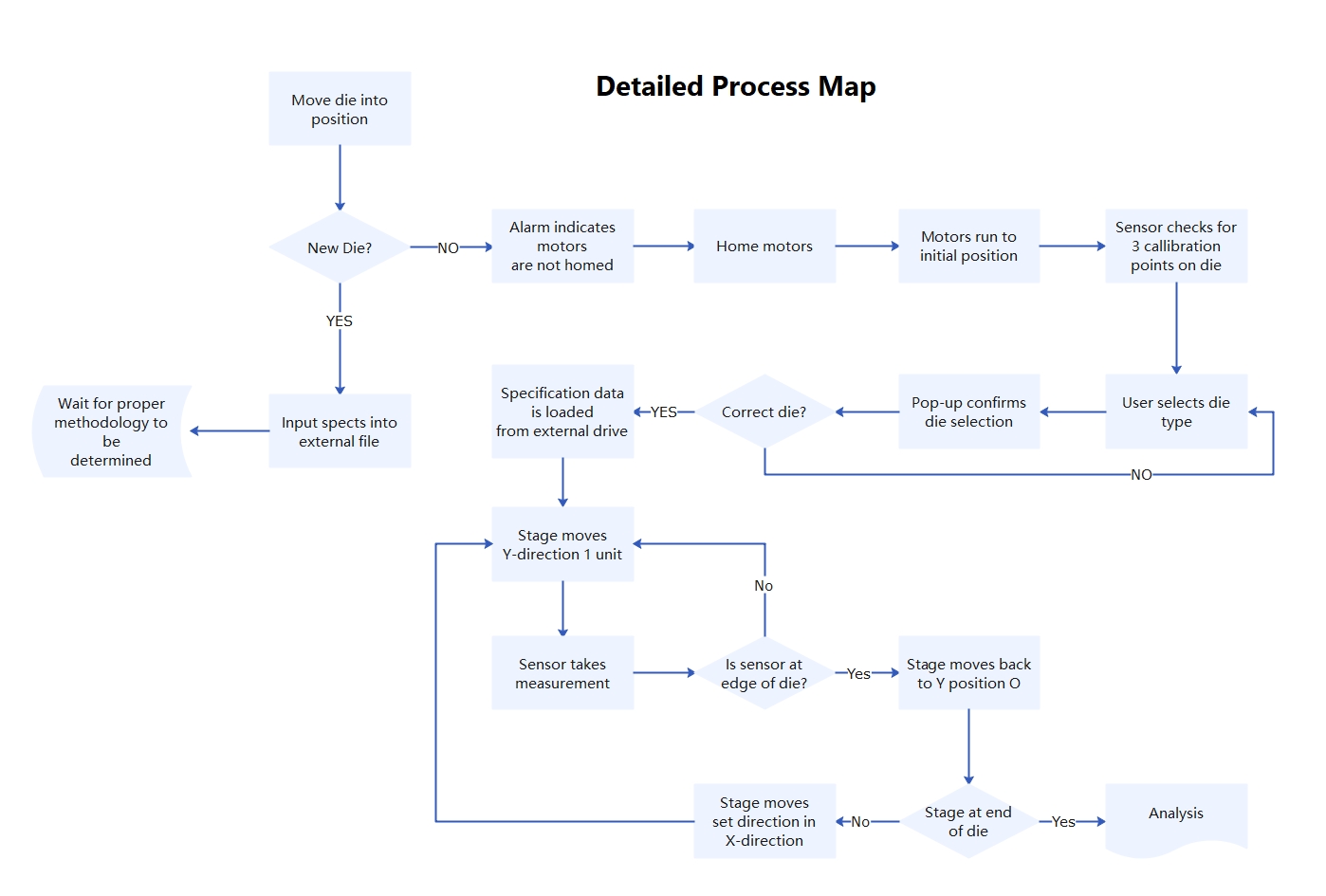
Difference Between Process Map And Process Flow Diagram 0 Re
https://images.edrawmax.com/article2023/process-map-vs-flowchart/process-map-example.jpg

Pin On Biology Lessons
https://i.pinimg.com/originals/35/04/fc/3504fcc85d9d2ce6f1a2a31c5dd95d36.png

https://answers.microsoft.com › en-us › windows › forum › all › suspiciou…
While looking it up online I found some mentions that it s a process that might run on Windows Server installs The thing is I m using Windows 10 Home Along with this Secure System process there were also a few others that are apparently only supposed to show up on Server such as Credential Guard and Key Guard Lsalso exe

https://answers.microsoft.com › en-us › windows › forum › all › can-some…
Hi I m just going through my background processes in Task Manager and there is something I cannot identify and Google search resulted in nothing the name of the process is SHA1 0xaf1a342b I was suspecting I have some kind of a keylogger could this be related
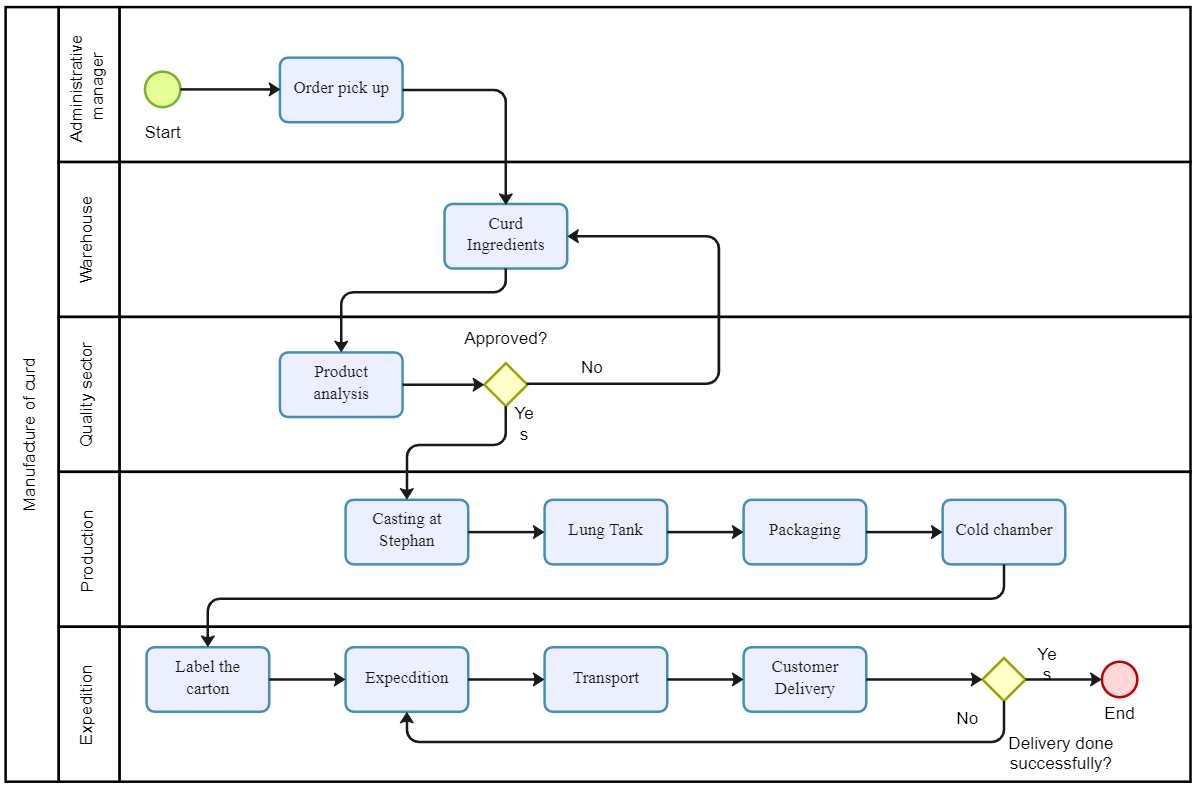
Process Flow Diagram For Manufacturing Manufacturing Process

Difference Between Process Map And Process Flow Diagram 0 Re

Logistics Process Flow Chart By Gpsoillogistics Issuu

2024 Burton Process Flying V Men s Snowboard For Sale
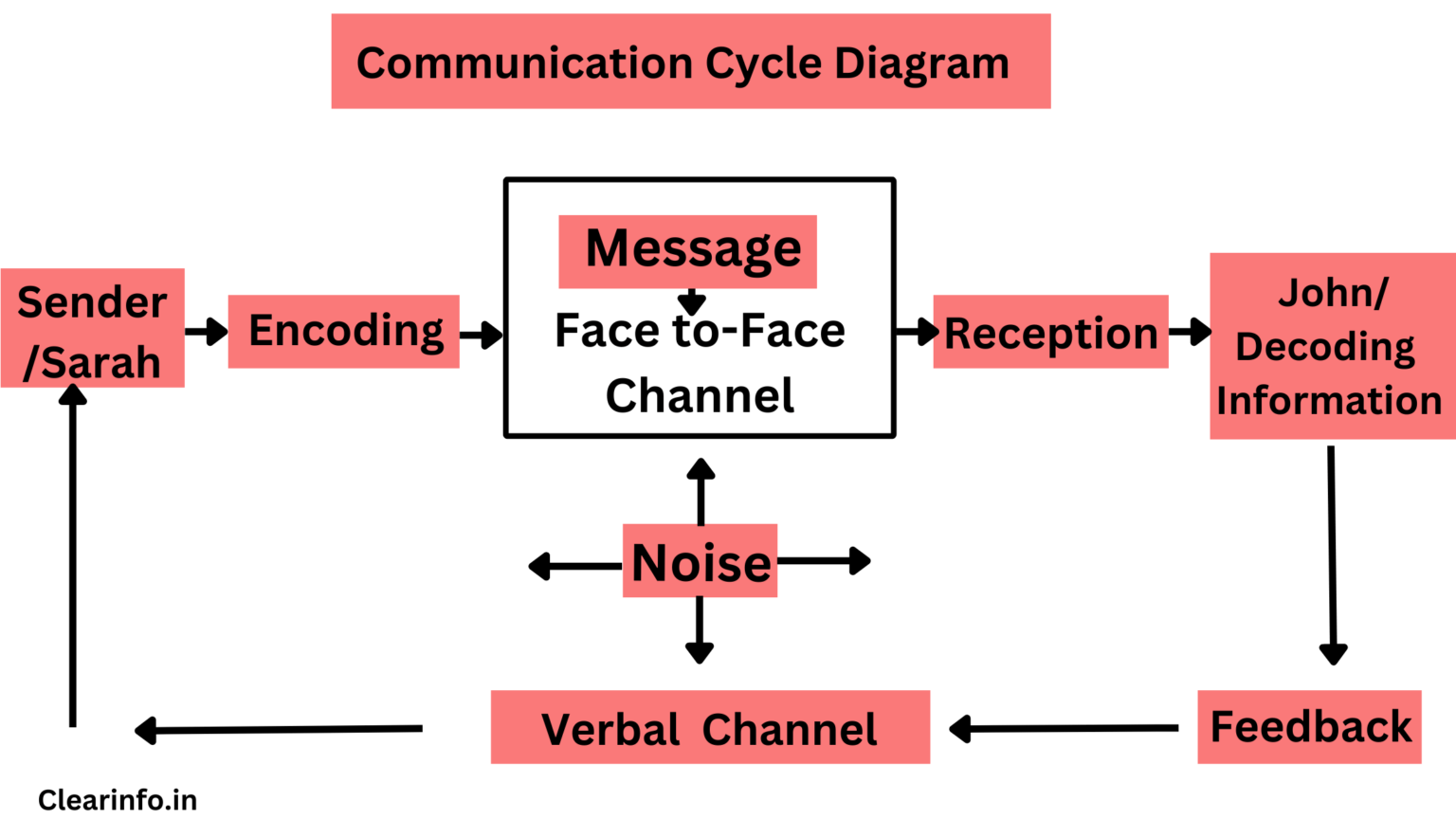
Basic Communication Process Diagram The Process Of Communica
Gambar Ikon Proses Pengoperasian Yang Mudah Dengan Latar Belakang Putih
Gambar Ikon Proses Pengoperasian Yang Mudah Dengan Latar Belakang Putih
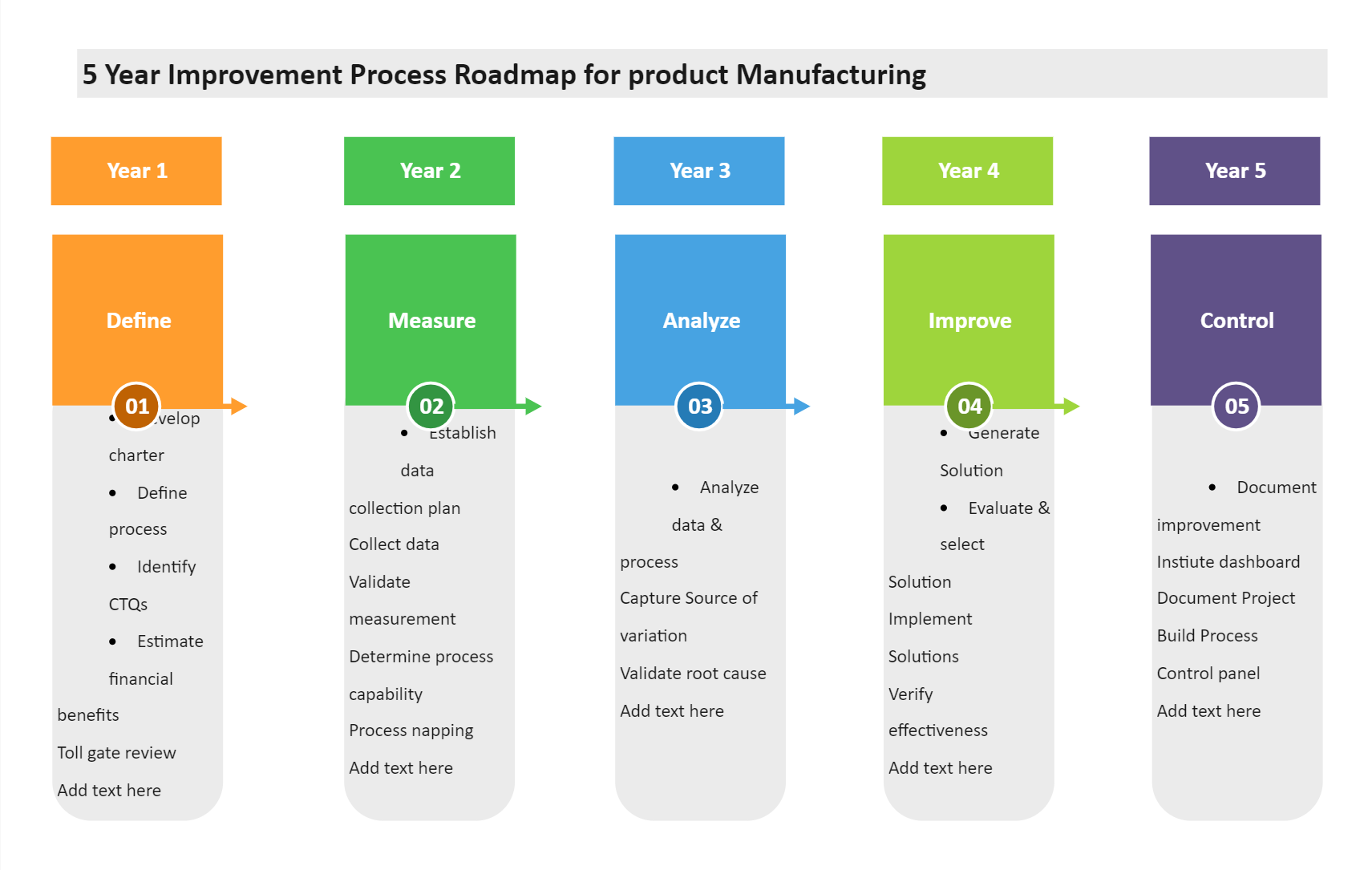
Manufacturing Process Flow Diagram Examples Manufacturing Pr
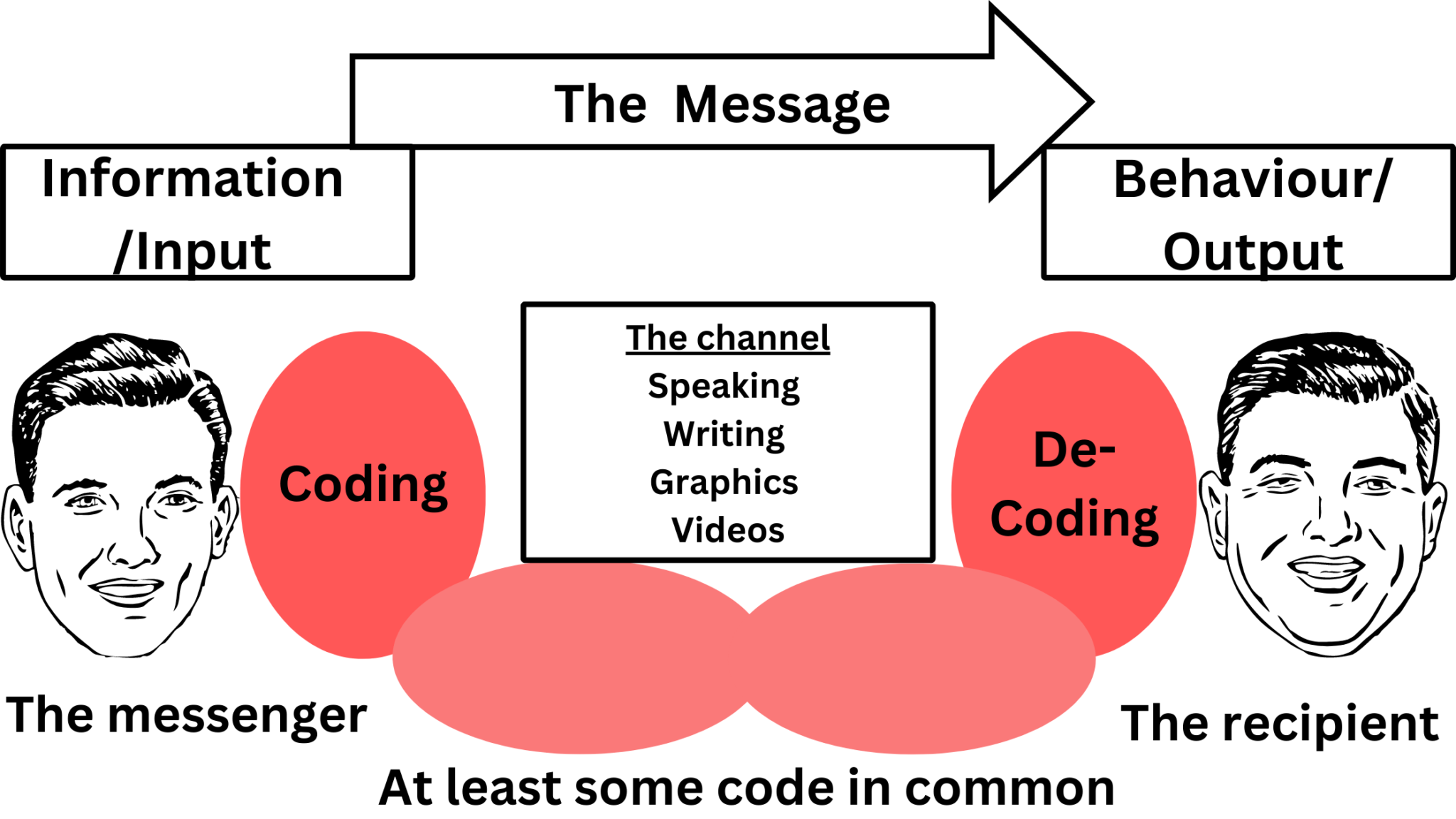
Effective Communication Process Diagram Communication Cycle
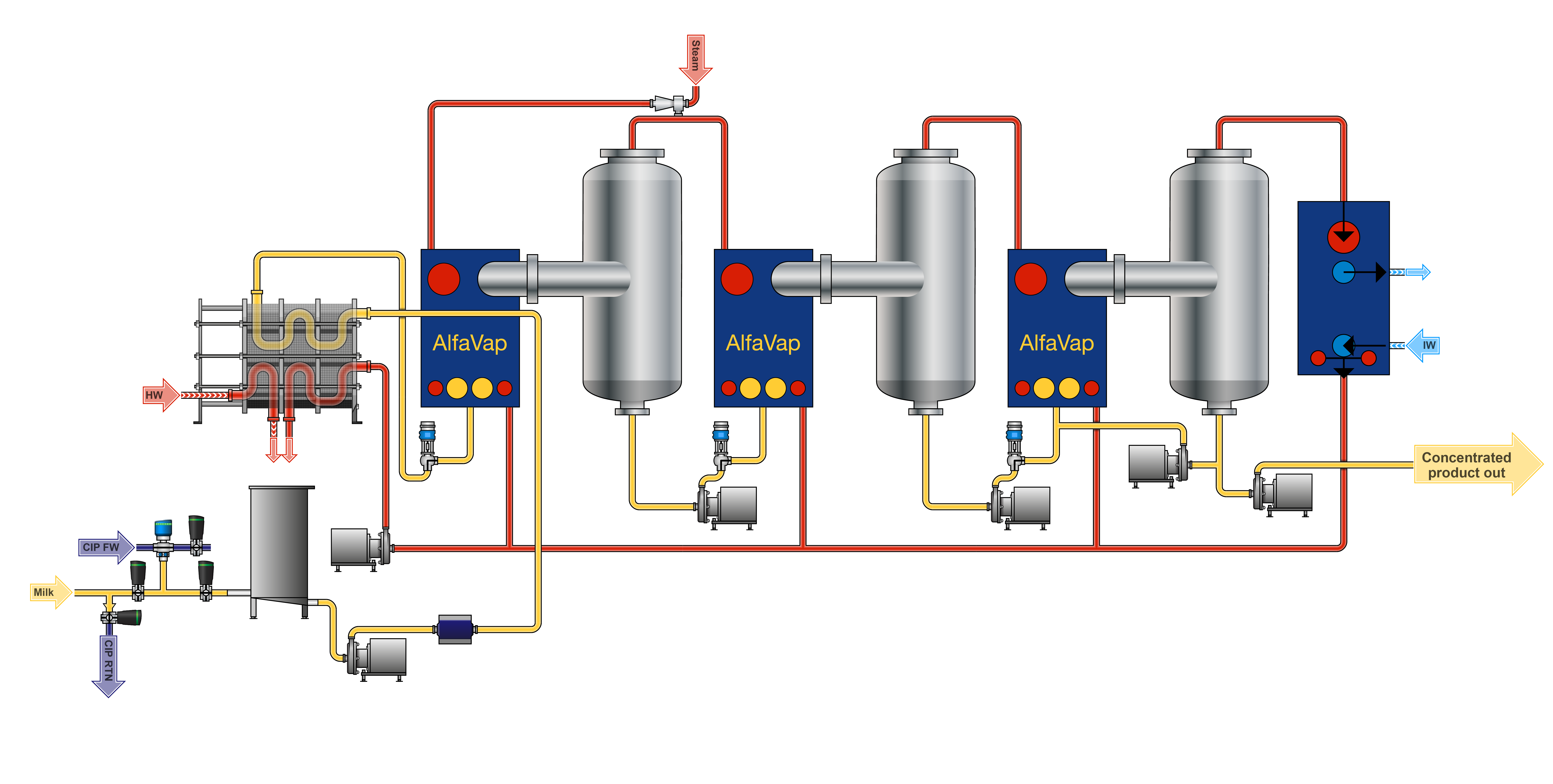
Concentration Alfa Laval
Process - [desc-12]